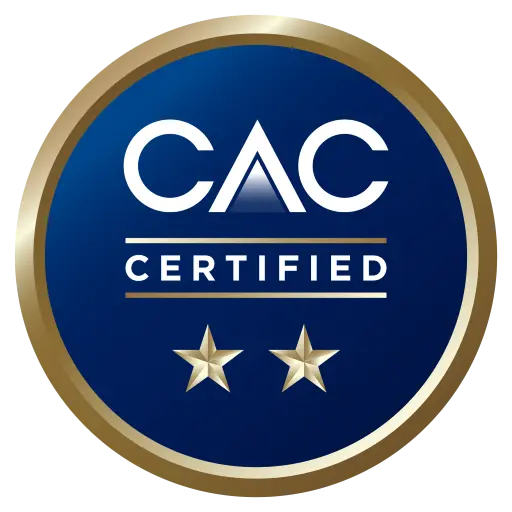FAQ
What is Internal Audit?
Internal audit involves establishing internal control systems for various management processes to ensure efficiency and effectiveness while fostering organizational progress and stability. Management receives direct insight into the organization’s ability to achieve set objectives, identify areas needing correction, and ensure that internal controls effectively govern operational processes for optimal efficiency.
What Should Internal Audit Include?
- Financial Audit: Verifying the accuracy and reliability of financial data and reports.
- Compliance Audit: Ensuring operations comply with relevant laws, regulations, and policies.
- Operational Audit: Reviewing performance against plans and objectives to maximize efficiency and effectiveness.
- IT Audit: Assessing the efficiency and security of computer systems and data management.
- Management Audit: Evaluating management systems related to planning, control, and performance evaluation.
- Special Audit: Conducting investigations based on management requests or suspicions of fraud to identify root causes and suggest preventive measures.
Benefits of Having an Internal Auditor
- Promotes good governance.
- Ensures accurate accounting and reporting.
- Enhances operational efficiency and effectiveness.
- Serves as a check on power and resource allocation.
- Acts as an early warning system for misconduct or fraud.
Skills Required for Internal Auditors
Analytical skills, critical thinking, and design thinking to help organizations maintain strong internal control systems.
Standards for Internal Auditors
- Use the International Professional Practices Framework (IPPF).
- Apply the COSO control framework.
- Follow relevant regulations and policies.
- Utilize other pertinent data to guide operations.
IT Audit & IT Application Control Audit Standards
- IT audits should follow ISO/IEC 27001:2013 standards relevant to the organization.
- IT application controls should be assessed in the context of the organization.
- Compliance with other related standards, such as COBIT5 and ITIL.
Does the IT Audit Company Need the Securities and Exchange Commission (SEC) Approval?
No SEC approval is required; however, IT auditors should have expertise and certifications in IT audit, such as CISA or CISSP.
Does a Company with Annual Revenue Over 1.8 Million Baht Need VAT Registration?
Yes, if revenue exceeds 1.8 million Baht, the company should register for VAT with the Revenue Department unless exempt under law such as selling agricultural products, animals whether living or non-living, fertilizer, fish meal, animal feed, medicines or chemicals used for plants or animals, newspapers, magazines or textbooks, etc.
Can Withholding Tax Certificates Be Used to Offset VAT?
No, VAT and withholding tax are separate and cannot offset each other.
What to Do If the Company Issues a Withholding Tax Certificate for the contractor
The company must submit the withheld amounts as stated in the withholding tax certificate to the Revenue Department using the appropriate income tax form. This must be done within 7 days from the end of the month in which the company paid wages/services/other payments (submit normally at the Revenue Department) or within 15 days from the end of the month in which the company made those payments. (Submit through the website www.rd.go.th.)
We Are Here For You
Got a project in mind? We’d love to hear about it. Take five minutes to fill out our project form so
that we can get to know you and understand your project.
Enter Your Address
Lorem ipsum dolor sit amet, consectetur adipiscing elit. Ut elit tellus,
Opening Hours
Lorem ipsum dolor sit amet, consectetur adipiscing elit. Ut elit tellus,
Contact Directly
Lorem ipsum dolor sit amet, consectetur adipiscing elit. Ut elit tellus,


